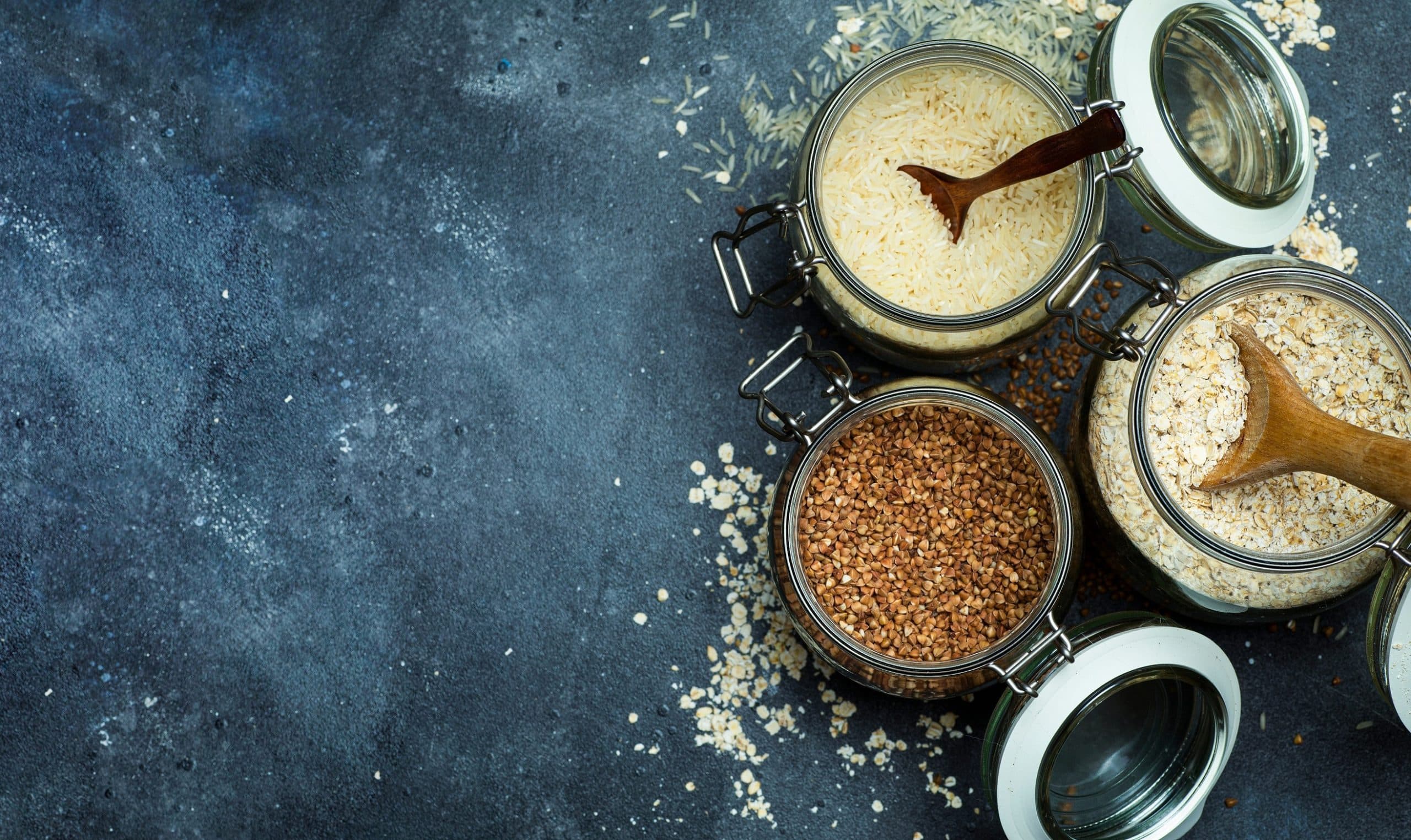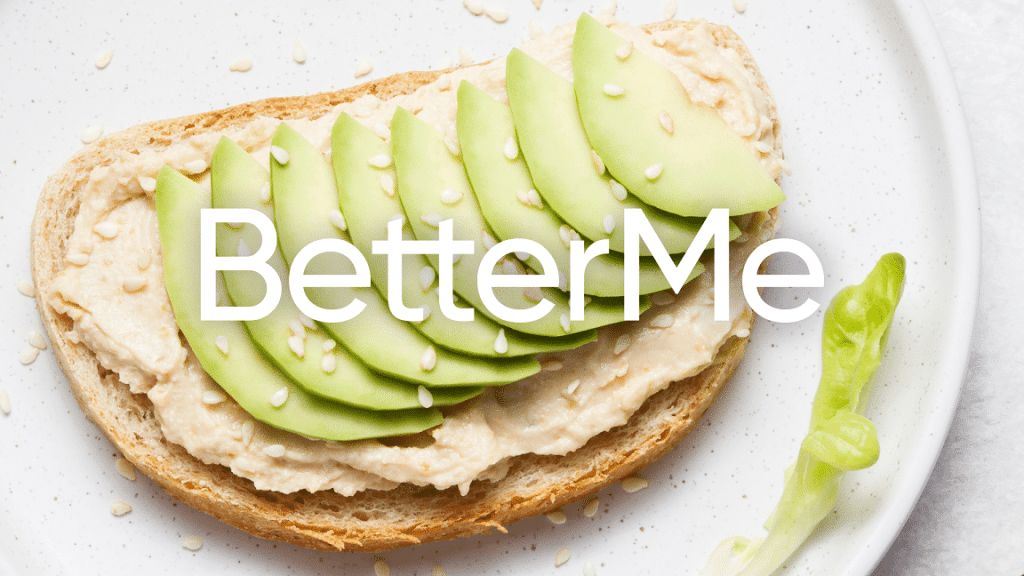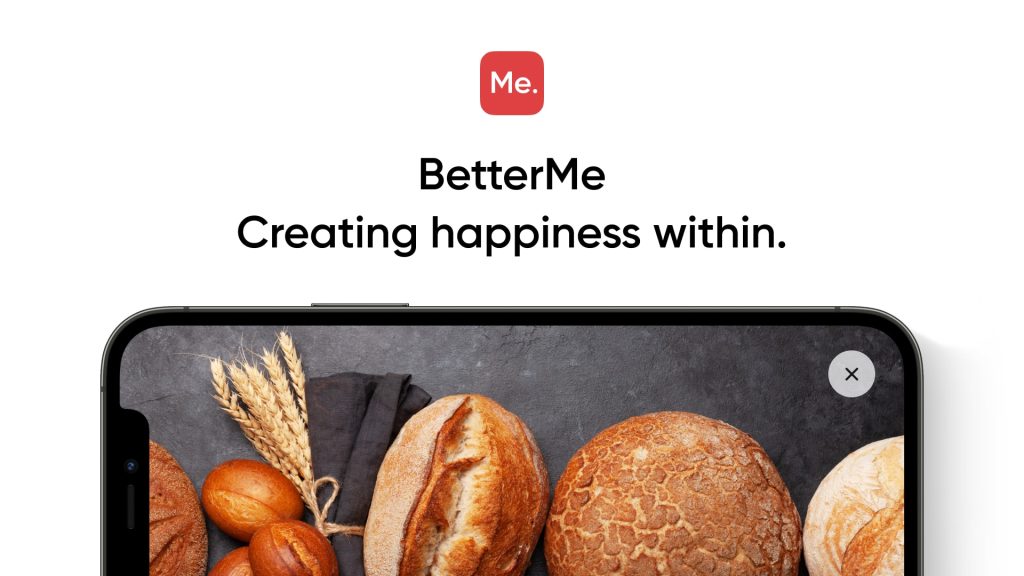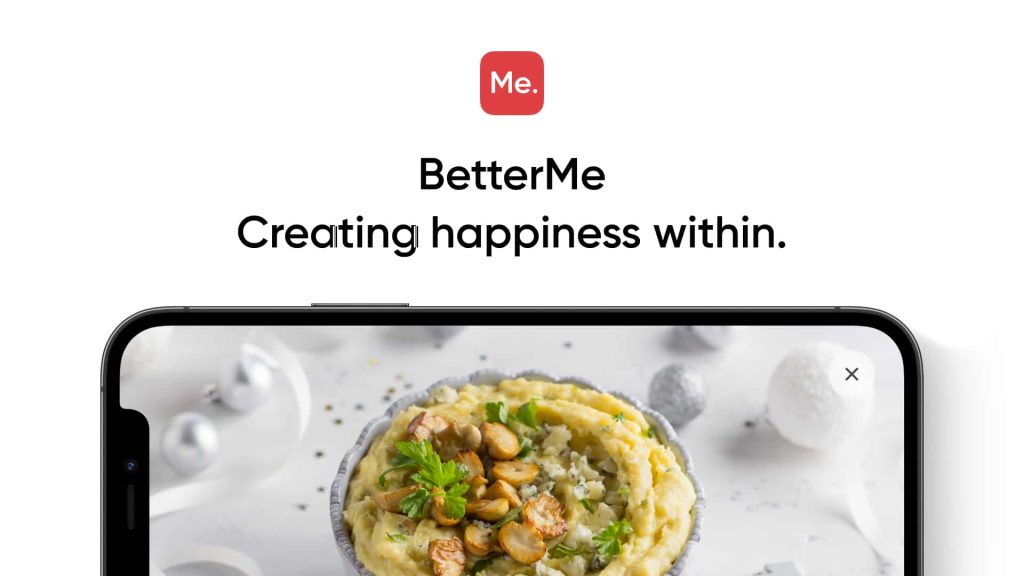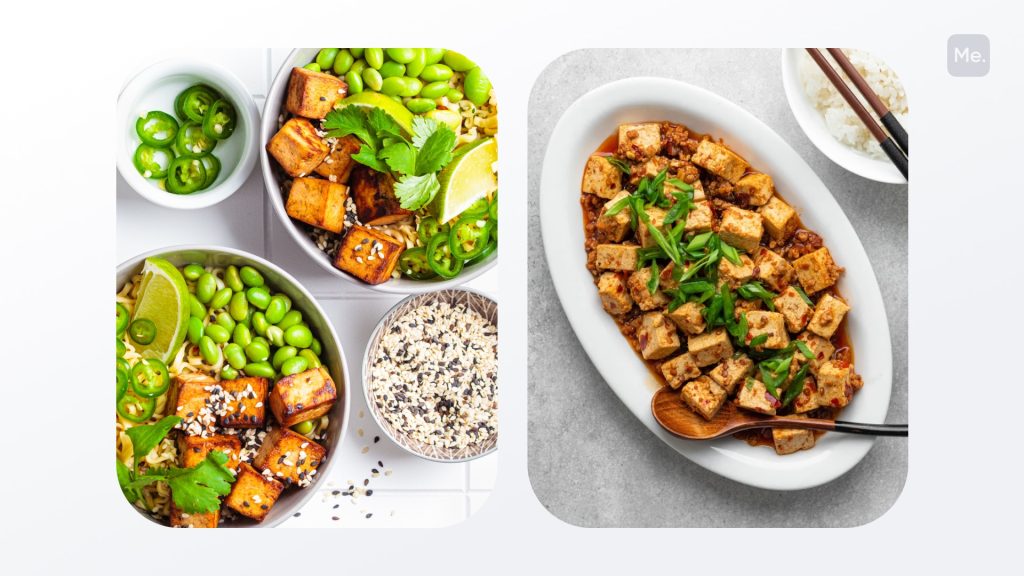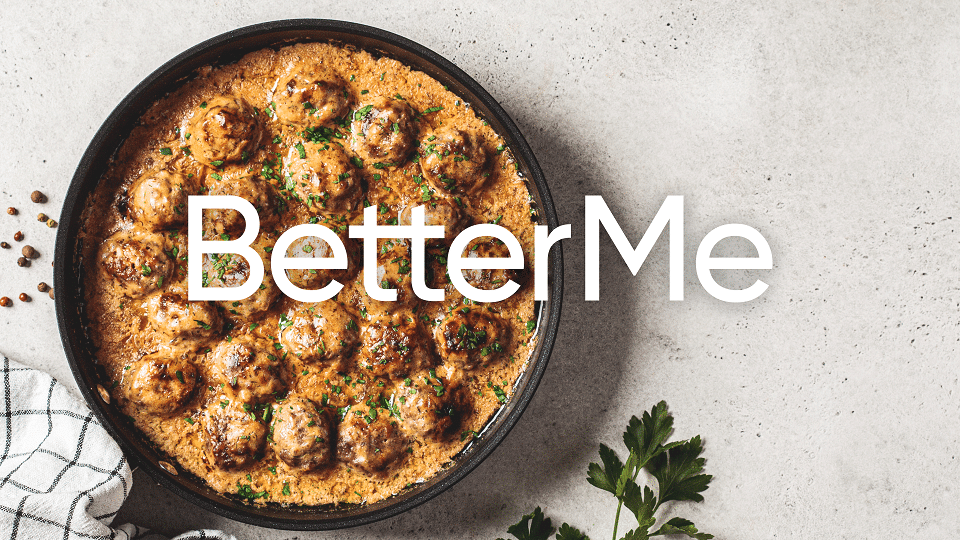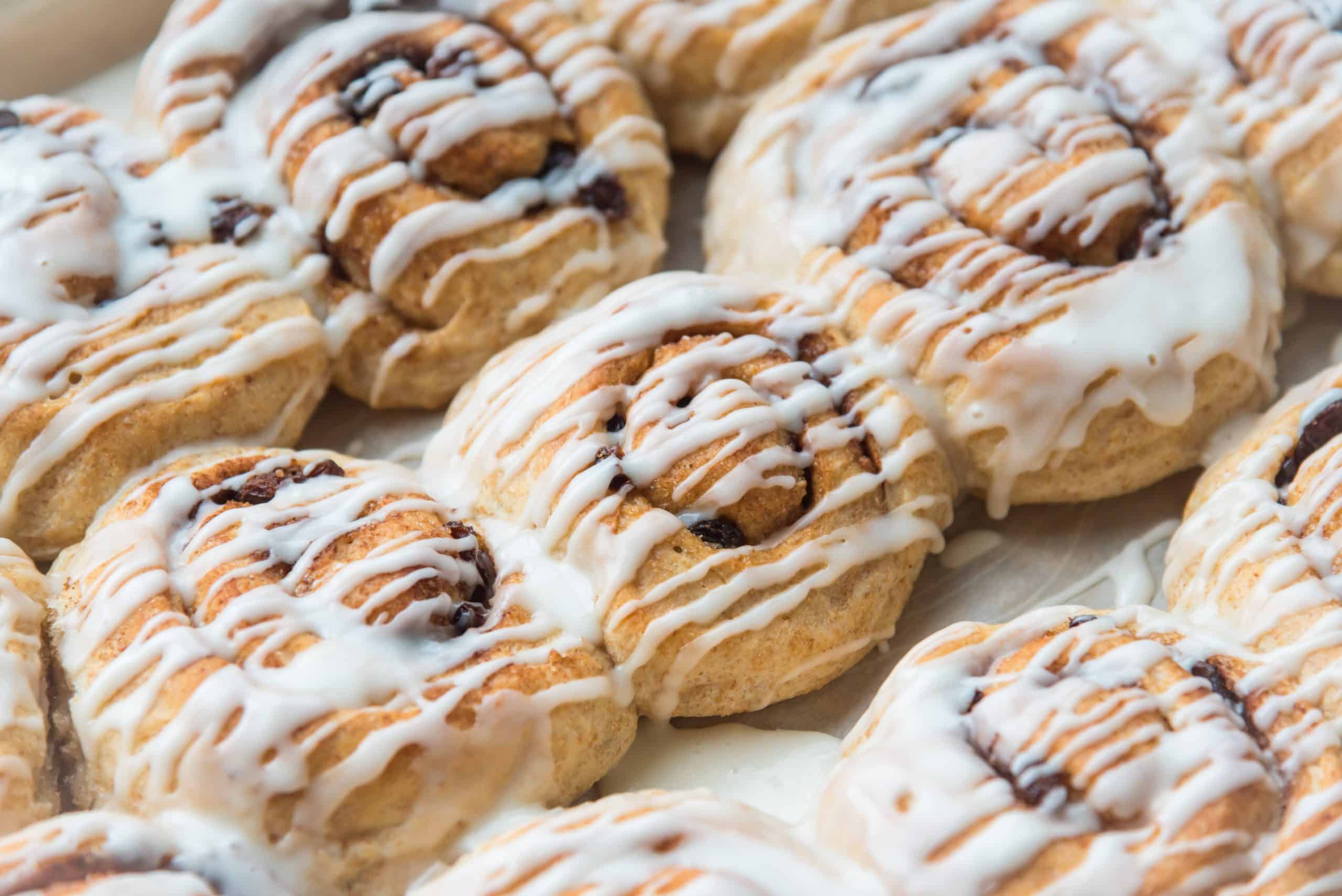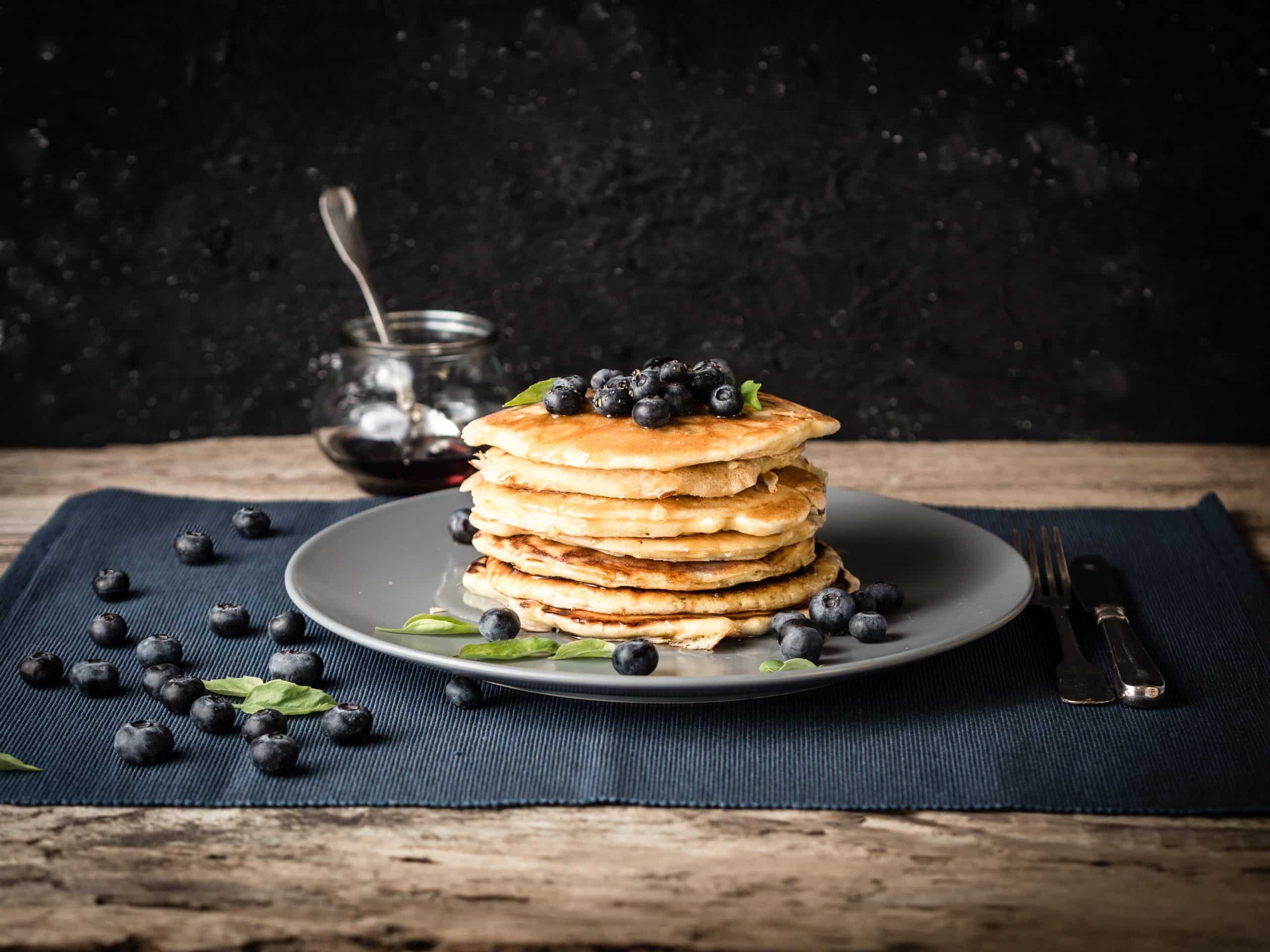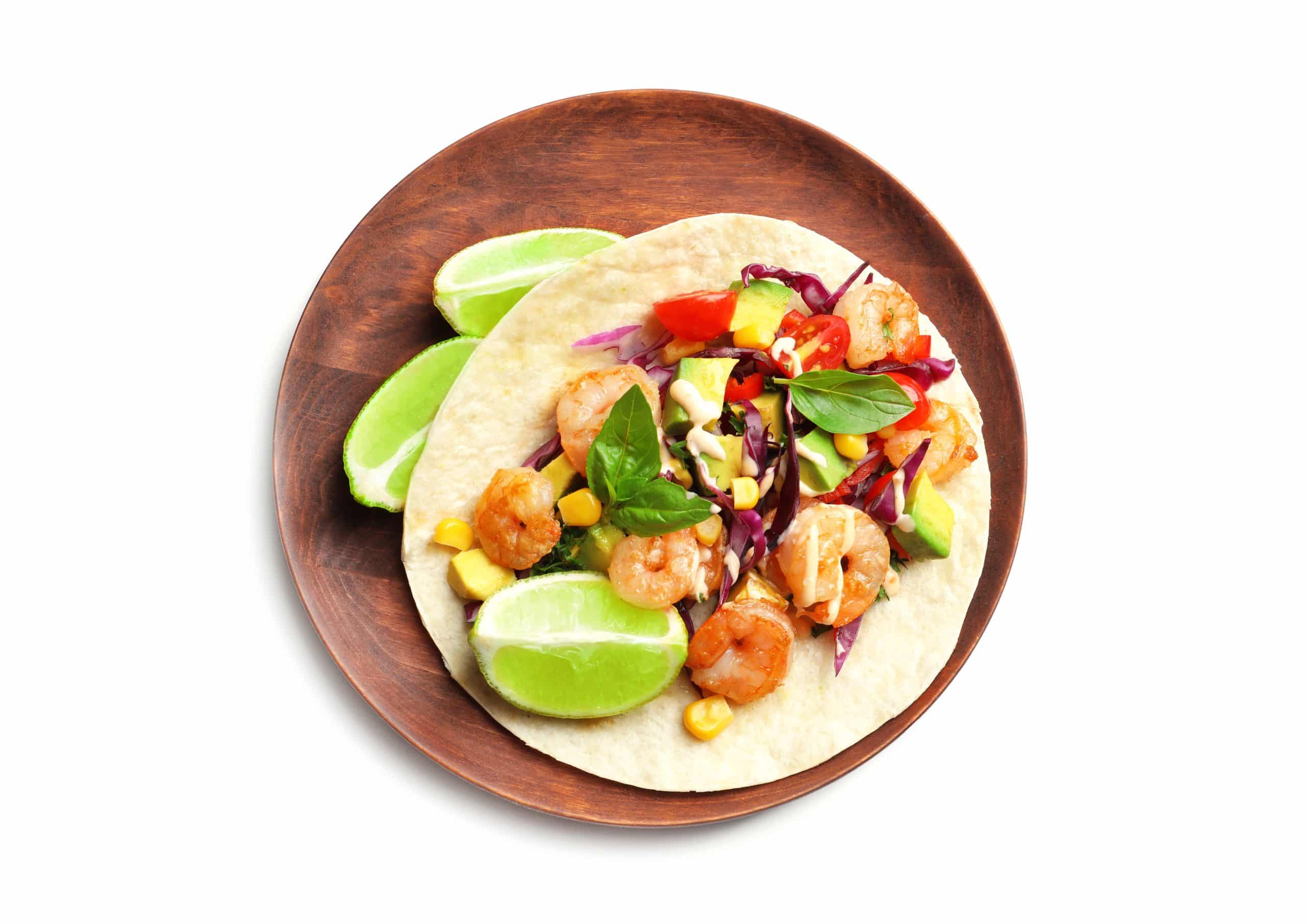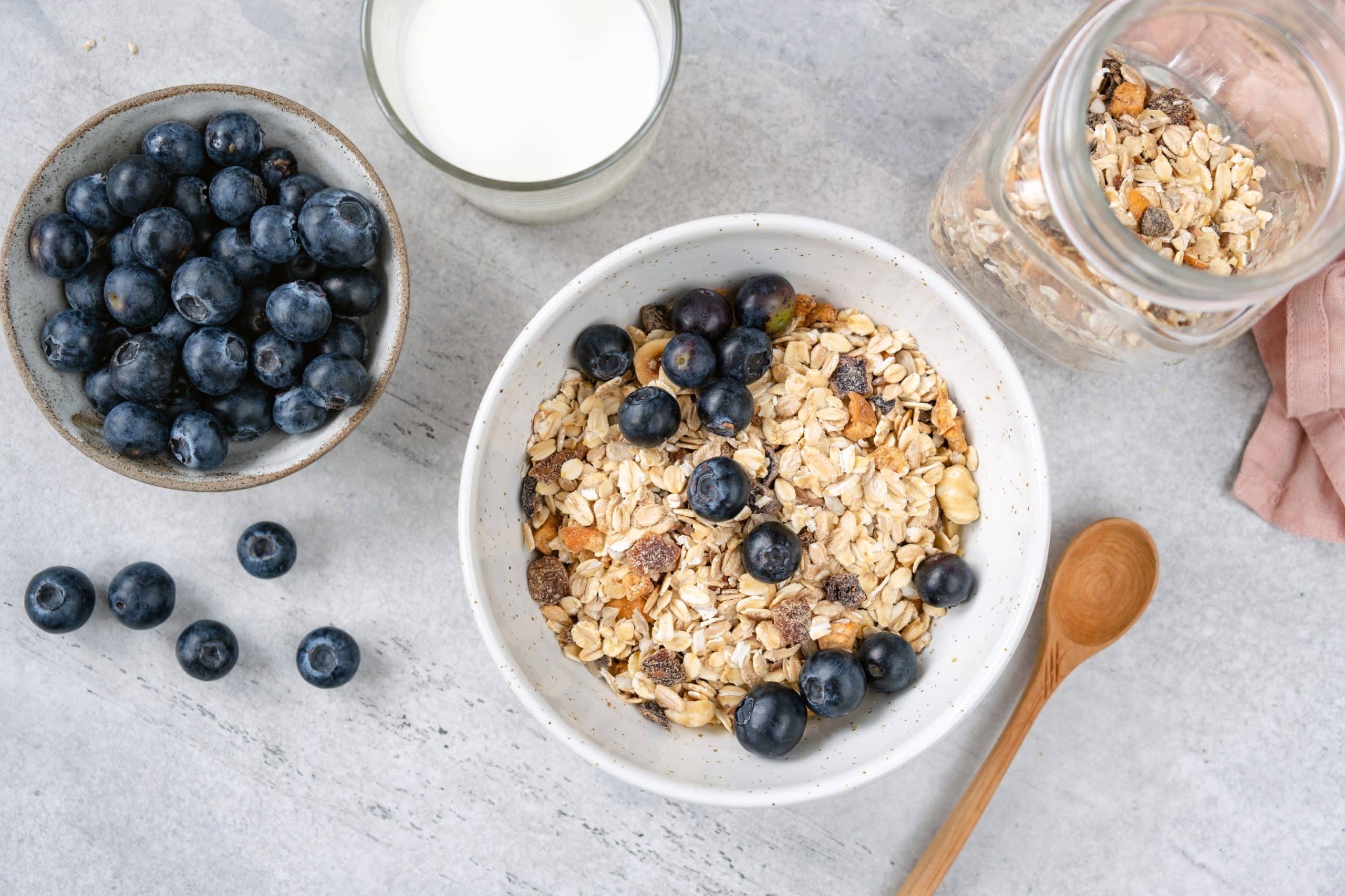Gluten is one of the most controversial food contents. As a result, it has sparked numerous debates on whether it is good or bad for you. Depending on your argument, you stand on one side or the other. However, when it comes to science, only one side can win this debate. Most food experts classify gluten as bad for your health. But why is gluten bad for you? This is the main focus of this read.
Get your personalized
meal plan!
What Is Gluten?
Before we detail why you need to stay away from gluten, let’s clarify what it is. Medical News Today defines gluten as a class of proteins found in spelt, rye, wheat, and barley (6).
It is prevalent in wheat. Gluten is made up of two proteins, namely gliadin and glutenin. The two bind to each other to form a network that supports dough. The network allows bread to become light and fluffy.
Although the two bind to each other, gliadin happens to be the primary culprit of the most adverse health effects associated with gluten (6).
Foods That Have Gluten
Gluten is found in foods and drinks that have barley, wheat, rye, or triticale grains (7). We also include durum, Kamut, emmer, spelt, and einkorn when we talk of wheat. There are so many foods that are prepared with these grains. The gluten foods to avoid include (7):
- Flour tortillas
- Pizza
- Noodles and pasta
- Pastries and baked goods
- Many desserts
- Processed meats
- Self-basting meat
- Brown rice syrup
- Some soy sauce types
- Bread
- Sauces and gravies
- Beer
- Malt derivatives like malt vinegar, malt-based beer, malt loaf, malted milk and milkshakes, and brewer’s yeast.
- Breadcrumb and breading mixes
Some foods are said to be gluten-free, yet they are not. This is why you are advised to double-check the labels and nutrition facts. Some of the products you have to double-check include (7):
- Tortilla chips
- Potato chips
- Candy
- Some soups
- Lunch meats
- Some salad dressings, marinades, condiments, and sauces
- Granola bars
- Restaurant eggs because some use pancake batter to thicken, especially scrambled eggs.
- Meat alternatives
Gluten happens to be a bonding agent. So, it has also been used to make other non-food products, which you also have to note. Some of these products include (7):
- Cosmetics like lip balm, lip gloss, and lipstick
- Some vitamins and nutritional supplements
- Toy dough
- Dental products
- Communion wafers
- Some medication and drugs
Read More: A Gluten-Free Low-Carb Diet: Simple Meal Plan And Recipes To Follow
Why Is Gluten Bad For You?
As seen above, gluten is found in some of the most common foods. These foods, for example, pizza and pasta, happen to be food favorites to some people. So, the thought of giving them up may not settle well among these people.
The only way such individuals can give up these foods is if there are solid reasons that gluten is bad for you. So here are some concrete reasons why gluten is bad for you:
-
It Triggers Celiac Disease
Celiac disease refers to an autoimmune condition that can damage your small intestine. It is sometimes known as celiac sprue or gluten-sensitive enteropathy (1). If you have celiac sprue, you are advised to avoid gluten foods.
These foods trigger an immune response in your small intestine. Down the line, the reaction damages the lining in your small intestine and hinders the absorption of some nutrients (1). We all know that a lack of nutrients may lead to nutritional deficiencies or malnutrition.
The intestinal damage causes several side effects, which also happens to be the signs of symptoms of celiac disease. These include diarrhea, nausea, abdominal pain, constipation, mouth ulcers, joint pain, bloating and gas, anemia, fatigue, and weight loss (1).
However, note that the signs and symptoms may differ in children and adults. Most children report more digestive problems than adults (7). Again, it is worth mentioning that celiac disease may lead to other severe complications if not managed. Some of these complications include:
- Anemia
- Nutritional deficiencies
- Weight loss
- Osteoporosis
- Neurological conditions
- Multiple sclerosis (MS)
- Infertility
-
It Causes Gluten Sensitivity
Gluten sensitivity is also known as gluten intolerance. It occurs when some eat gluten foods. This condition highly resembles celiac disease, but without the small intestine damage (7). You can tell if you have gluten intolerance by looking out for various symptoms.
Note that these symptoms do not relate to the digestive system. They include limb numbness, joint pain, headaches, and having a cloudy mind (7). The best approach to know if you have this condition is visiting a health facility and being assessed.
Whether you’re a workout beast or just a beginner making your first foray into the world of fitness and dieting – BetterMe has a lot to offer to both newbies and experts! Install the app and experience the versatility first-hand!
-
It Causes Wheat Allergy
Eating food with gluten can also be harmful because it causes you to develop a wheat allergy. Note that wheat allergies are different from gluten intolerance and celiac disease. When you have a wheat allergy, you are allergic to all wheat proteins.
It so happens that most wheat proteins contain gluten. Most wheat allergy symptoms are digestive, but some are not. The most common symptoms include:
- Itching, irritation, or swelling around your throat and mouth
- Congestion
- Difficulties breathing
- Itching and swelling of your skin
Talk to your doctor if you report any of these symptoms. If you happen to have a wheat allergy, the chances are that you will be required to follow a wheat-free gluten-free diet.
-
It Causes Dermatitis Herpetiformis
The other reason why experts say gluten is bad for you is that it causes dermatitis herpetiformis. Dermatitis herpetiformis refers to an itchy, irritating, and blistering skin disease (1). You can get this if you have a wheat allergy or gluten sensitivity.
The irritation and blistering forms a rash on your knees, elbows, scalp, butt, and torso (1). Experts have linked this condition to the changes in the lining of your small intestine, similar to those caused by celiac disease (1).
However, the difference is that, unlike celiac disease, there are no digestive problems with dermatitis herpetiformis. Therefore, to control the rash, most doctors recommend a gluten-free diet or some medication.
-
It Provides No Essential Nutrients
Food experts have stated that gluten is bad for your health because they have not linked it to any nutritional benefit. According to Health Harvard, gluten has no nutritional benefits, meaning it denies you the health benefits associated with various nutrients (2).
These are some of the reasons why most people have chosen to embrace a gluten-free diet. However, before you buy into the gluten-free diet, you must know that this too has its pros and cons.
Yes, it saves you from celiac disease, dermatitis herpetiformis, gluten intolerance, and wheat allergies. However, it also has its fair share of downsides.
Read More: Gluten-Free Diet Plan For Beginners: How To Eat Better For Better Health
Is A Gluten-Free Diet The Solution?
You may think that this is the way forward. However, even if it is, experts ask you to be very conscious with a gluten-free diet. Although people argue that it is rich in nutrients, the opposite is true.
Health Harvard acknowledges that most gluten-free foods tend to lack essential nutrients. They are primarily foods less fortified with iron, folic acid, and other nutrients (7). Likewise, food experts have discovered that individuals who avoid gluten without gluten-related diseases like celiac disease have adverse effects (4).
A gluten-free diet is more expensive to maintain than a gluten-containing diet. This may make it hard to follow for the long haul, affecting its sustainability (4). But, again, food experts also reveal that there are powerful pleasurable and communal aspects of food.
These aspects are deeply rooted in society, and the perceptions an individual has on food. Therefore, a gluten-free diet may require persistent dedication to the already restrictive diet and even require lifestyle changes.
Although it has good intentions, this may not sit well with most people. So, the diet may not be fully embraced and may lead to negative psychosocial impacts and maintenance difficulties (4). In addition, a gluten-free diet has also been found to lack fiber (5).
According to Medical News Today, most gluten-containing foods are high in fiber. So, when you cut them out, you limit your sources of fiber. It is for this reason that you are urged to take other foods rich in fiber.
These include foods like beans, nuts, seeds, lentils, and other gluten-free whole grains. If not, consuming a gluten-free low-fiber diet can increase your risk of heart disease (5).
Dropping pounds by the dozens without putting yourself through the wringer is everyone’s weight loss pipe dream. But what if we told you that the BetterMe app can make that happen? Keep yourself in prime shape with our fat-blasting workouts, delicious budget-sparing recipes, and body-transforming challenges with our app!
A Gluten-Free Diet
Despite the named drawbacks of a gluten diet, you may find yourself following such a diet for various reasons. If your doctor does recommend gluten-free for health reasons, for example, to prevent celiac disease, you have to stick to it.
Most of the foods included in a gluten-free diet include (5):
- Fresh meats
- Fruits
- Vegetables
- Seeds and nuts
- Most dairy products
- Fish and poultry like chicken and turkey
- Unprocessed beans
- Eggs
- White rice
- Pseudo grains like buckwheat, amaranth, quinoa, soy, and millet
- Tapioca
There are many gluten-free dishes you can try. Some of them include (3):
- Spanish meatball and butter bean stew- (Calories- 435, Fat- 15 g, Carbs- 35 g and Protein- 33 g)
- Salmon with new potato and corn salad and basil dressing- (Calories- 434, Fat- 24 g, Carbs- 28 g and Protein- 8 g)
- Charred salmon with fennel and olive salad- (Calories- 446, Fat- 32 g, Carbs- 6 g and Protein- 33 g)
- Roasted squash with sour cherries, spiced seeds and feta- (Calories- 278, Fat- 16 g, Carbs- 25 g and Protein- 8 g)
- Sticky chicken with sherry, almonds and dates- (Calories- 491, Fat- 29 g, Carbs- 24 g and Protein- 32 g)
- Miso-roasted aubergine steaks with sweet potato- (Calories- 344, Fat- 8 g, Carbs- 54 g and Protein- 6 g)
- Honey and orange roast sea bass with lentils- (Calories- 495, Fat- 18 g, Carbs- 33 g and Protein- 44 g)
- Pulled lamb shoulder with sticky pomegranate glaze- (Calories- 668, Fat- 39 g, Carbs- 33 g and Protein- 46 g)
- Whole roast bream with potatoes and olives- (Calories- 463, Fat- 20 g, Carbs- 36 g and Protein- 34 g)
- Moroccan spiced fish with ginger mash- (Calories- 445, Fat- 7 g, Carbs- 65 g and Protein- 36 g)
There are also plenty of gluten-free breakfast ideas to consider. Here are some of them (3):
- Fennel-roasted cauliflower with quinoa- (Calories- 260, Fat- 10 g, Carbs- 27 g and Protein- 10 g)
- Chia and oat breakfast scones with yogurt and berries- (Calories- 346, Fat- 13 g, Carbs- 40 g and Protein- 12 g)
- Roast aubergines with yogurt and harissa- (Calories- 361, Fat- 30 g, Carbs- 11 g and Protein- 7 g)
- Creamy salmon, leek and potato traybake- (Calories- 714, Fat- 52 g, Carbs- 20 g and Protein- 39 g)
- Chorizo and halloumi breakfast baguette- (Calories- 872, Fat- 39 g, Carbs- 91 g and Protein- 36 g)
- Breakfast egg wraps- (Calories- 429, Fat- 20 g, Carbs- 31 g and Protein- 28 g)
- Raspberry, almond, and oat breakfast cookies- (Calories- 86, Fat- 3 g, Carbs- 13 g and Protein- 2 g)
- Cinnamon crepes with nut butter, sliced banana and raspberries- (Calories- 376, Fat- 16 g, Carbs- 46 g and Protein- 14 g)
- Berry omelet- (Calories- 264, Fat- 12 g, Carbs- 18 g and Protein- 21 g)
The Bottom Line
Why is gluten bad for you? Experts believe it is bad because it triggers celiac disease and causes gluten intolerance, dermatitis herpetiformis, wheat allergies, and nutritional deficiencies. As such, experts recommend taking a gluten-free diet. However, a gluten-free diet also has its cons, including reduced fiber, difficulty maintaining it, and other adverse effects. Talk to your doctor before giving up gluten.
DISCLAIMER:
This article is intended for general informational purposes only and does not serve to address individual circumstances. It is not a substitute for professional advice or help and should not be relied on for making any kind of decision-making. Any action taken as a direct or indirect result of the information in this article is entirely at your own risk and is your sole responsibility.
BetterMe, its content staff, and its medical advisors accept no responsibility for inaccuracies, errors, misstatements, inconsistencies, or omissions and specifically disclaim any liability, loss or risk, personal, professional or otherwise, which may be incurred as a consequence, directly or indirectly, of the use and/or application of any content.
You should always seek the advice of your physician or other qualified health provider with any questions you may have regarding a medical condition or your specific situation. Never disregard professional medical advice or delay seeking it because of BetterMe content. If you suspect or think you may have a medical emergency, call your doctor.
SOURCES:
- Celiac disease (2021, mayoclinic.org)
- Ditch the Gluten, Improve Your Health? (2019, health.harvard.edu)
- Gluten-free dinner recipes (201, bbcgoodfood.com)
- Health Benefits and Adverse Effects of a Gluten-Free Diet in Non–Celiac Disease Patients (2018, ncbi.nlm.nih.gov)
- Is a gluten-free diet good for your health? (2020, medicalnewstoday.com)
- What is gluten, and why is it bad for some people? (2020, medicalnewstoday.com)
- What Is Gluten? (2021, webmd.com)
